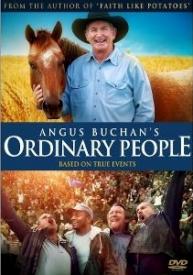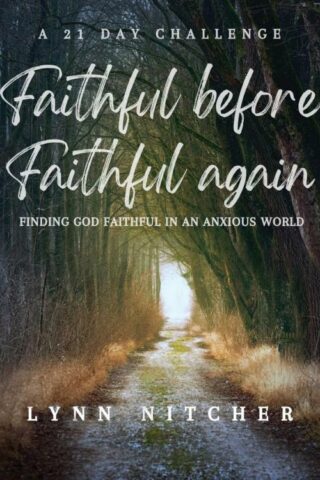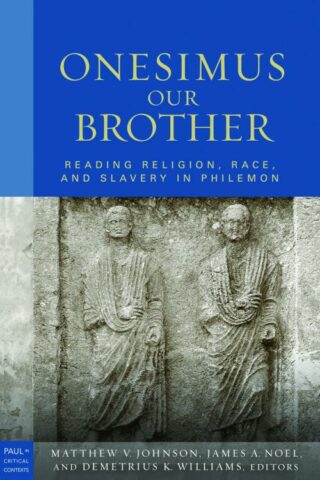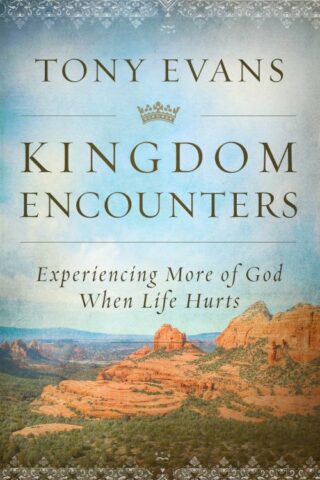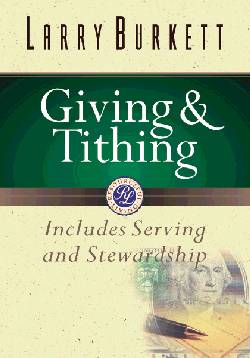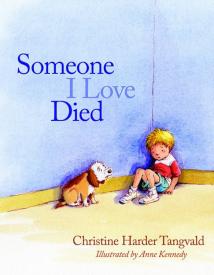Demetrius Williams
Showing the single result
-
Onesimus Our Brother
$73.33Philemon is as important a letter from an African American perspective as Romans or Galatians has proven to be in Eurocentric interpretation. Here the editors gather critical essays by a constellation of African American and other scholars, highlighting the latest in interpretive methods, troubling scholarly waters and interacting with the legacies of Hegel, Freud, Habermas, Ricoeur, and James C. Scott as well as the historical experience of African American communities. Onesimus Our Brother opens surprising new vistas on Paul’s shortest and, in some ways, most enigmatic letter.
Philemon Interpreted: A History – Demetrius K. Williams
Early Christian Slavery: A Survey – Mitzi J. Smith
Nat is Back: The Return of the Re/Oppressed – James A. Noel
Onesimus Speaks: Diagnosing the Hysteria of the Text – Matthew V. Johnson
Shared Flesh? Interrogating Slavery and Gender in Philemon – Alma Crawford
Enslaved by the Text: The Uses of Philemon – James PerkinsonAdd to cartin stock within 3-5 days of online purchase

